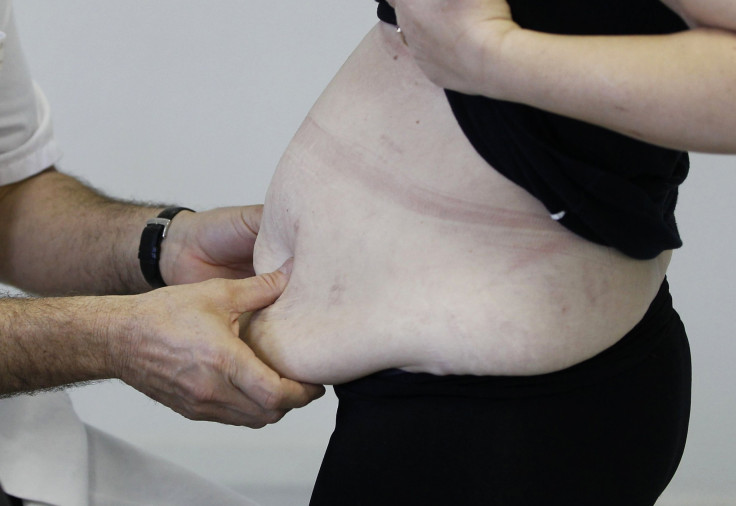Healthy Perivascular Fat May Protect Against Dementia In Postmenopausal Women: Study
The composition and distribution of various fat types during menopause may play a crucial role in determining women's cognitive abilities, according to a new study.
The study, published in the journal Alzheimer's Association, linked fat deposition around the heart in mid-life women to better memory in the future. It pointed out that a higher volume of thoracic perivascular adipose tissue (PVAT), fat located around the thoracic (chest) blood vessels, can improve cognitive function in the older years and protect against dementia.
An increase in the radiodensity of thoracic PVAT is linked to a decline in the future working of episodic memories.
To explore the relationship between menopause and fat distribution, researchers studied fat deposits in the heart and aorta of 531 women. Scientists analyzed difficult regions where imaging isn't possible, like the heart and aorta, and conducted tests to measure the density of fat at three distinct locations, using the electron beam CT scanning method.
Additional cognitive tests were conducted approximately 13.4 years after the initial scans when the participants had reached an average age of 61.
It was found that the accumulation of PVAT around the chest blood vessels, which could include brown fat, during mid-life is linked to improved cognitive functioning in the future.
Studies revealed that women who had increased levels of brown fat surrounding the aorta during midlife and menopause showed enhanced cognitive abilities as they aged. In simple words, the accumulation of more brown fat in these areas was linked to better cognitive function later in life.
Researchers cautioned that the connection between higher levels of brown fat and improved cognitive function should not be considered a definitive finding at this point. It is only an early hypothesis that elevated levels of brown fat may be linked to better metabolic health and reduced inflammation markers.
"Menopause itself and the associated estrogen deficiency is associated with cognitive decline and abdominal, visceral fat has been associated with poor cognitive performance," Franck Mauvais-Jarvis, professor of medicine in endocrinology and metabolism at Tulane University and director of Tulane Center of Excellence in Sex-Based Biology and Medicine, told Medical News Today.
Jarvis was not involved in the research.
"Menopause brings about changes in fat type and distribution, specifically an increase in visceral fat. This shift can have significant implications for cardiovascular risk, as visceral fat is metabolically active and associated with an increased risk of heart disease," explained Dr. Nisarg Patel, gynecologist and obstetrician at Nisha IVF Centre in Ahmedabad, India.

Published by Medicaldaily.com



























